
The White House has introduced new guidelines to regulate chip licensing and AI systems, aiming to balance innovation with security and transparency in these critical technologies

Heard of Julia but unsure what it offers? Learn why this fast, readable language is gaining ground in data science—with real tools, clean syntax, and powerful performance for big tasks

Gradio is joining Hugging Face in a move that simplifies machine learning interfaces and model sharing. Discover how this partnership makes AI tools more accessible for developers, educators, and users
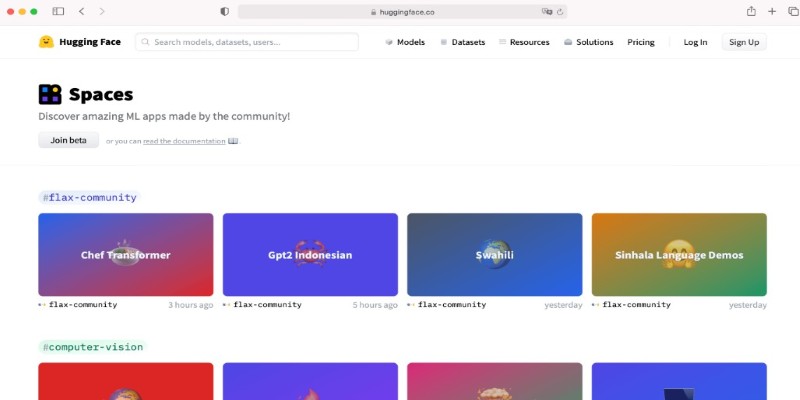
How Summer at Hugging Face brings new contributors, open-source collaboration, and creative model development to life while energizing the AI community worldwide

How BERT, a state of the art NLP model developed by Google, changed language understanding by using deep context and bidirectional learning to improve natural language tasks

Improve automatic speech recognition accuracy by boosting Wav2Vec2 with an n-gram language model using Transformers and pyctcdecode. Learn how shallow fusion enhances transcription quality

The Hugging Face Fellowship Program offers early-career developers paid opportunities, mentorship, and real project work to help them grow within the inclusive AI community
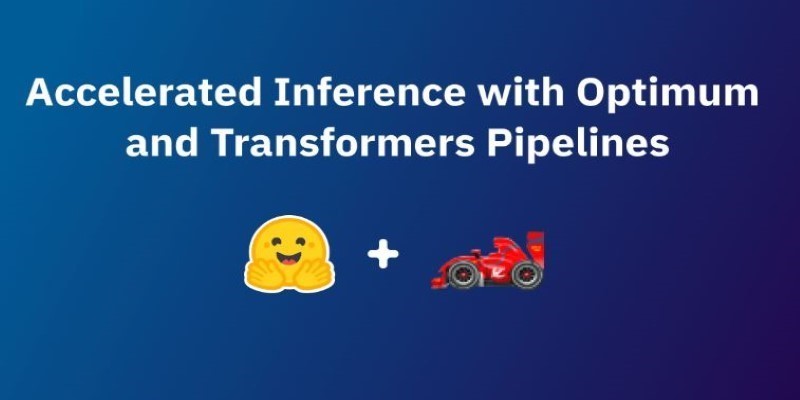
How accelerated inference using Optimum and Transformers pipelines can significantly improve model speed and efficiency across AI tasks. Learn how to streamline deployment with real-world gains
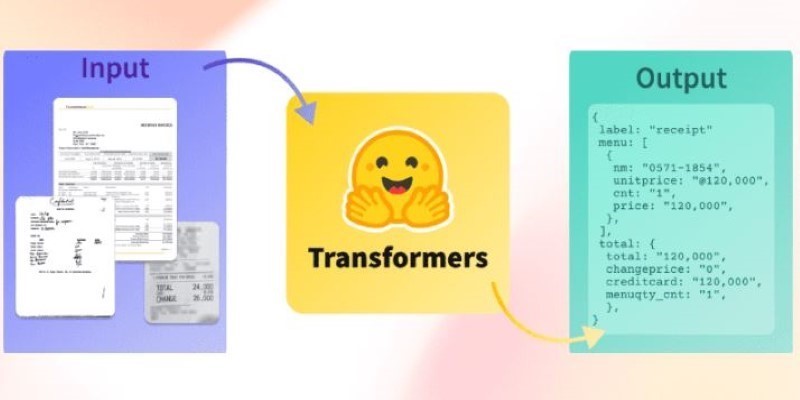
How Sempre Health is accelerating its ML roadmap with the help of the Expert Acceleration Program, improving model deployment, patient outcomes, and internal efficiency
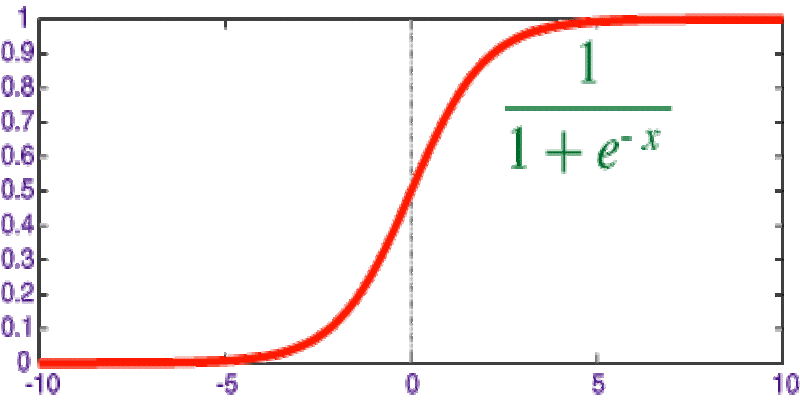
Explore the sigmoid function, how it works in neural networks, why its derivative matters, and its continued relevance in machine learning models, especially for binary classification
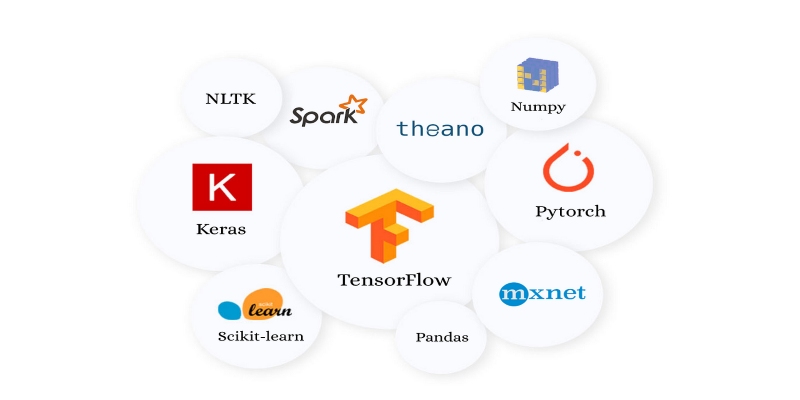
Looking for the next big thing in Python development? Explore upcoming libraries like PyScript, TensorFlow Quantum, FastAPI 2.0, and more that will redefine how you build and deploy systems in 2025
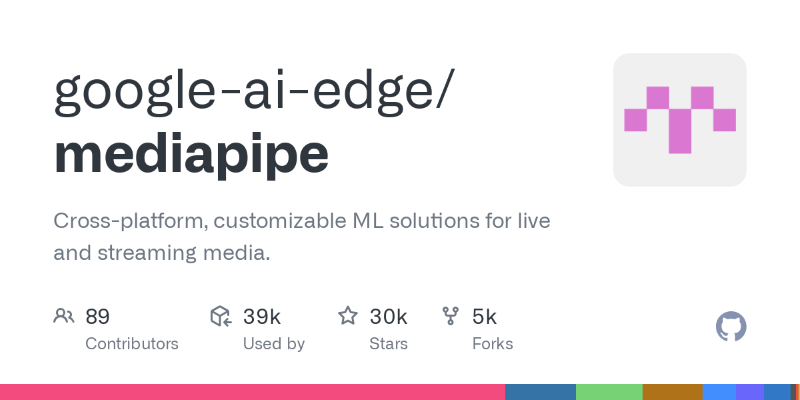
Learn how to simplify machine learning integration using Google’s Mediapipe Tasks API. Discover its key features, supported tasks, and step-by-step guidance for building real-time ML applications